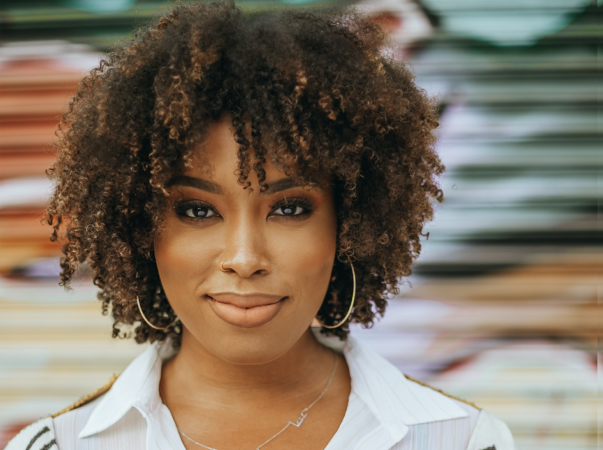Raniyah Copeland of the Black AIDS Institute can remember a time when HIV — the virus that causes AIDS — was the scourge of the 1980s. She remembers when the virus wiped out a whole sub-population of Black and Latinx men — she remembers what they faced while they were alive — and she knows that while HIV isn’t the scourge it once was, it’s still a disease that disproportionately affects the Black community…and she knows why.
“In the United States, health is driven by inequity,” she told AfroTech. “HIV, as a disease, has a unique stigma in that it’s associated specifically with certain sexuality, a certain race, and a certain socio-economic class. While society isn’t as overt with its racism about AIDS as it once was — there was a time when the CDC would say that being Haitian, for example, made you more susceptible to AIDS — we still have progress that needs to be made.”
Progress is, ultimately, the goal of the Black AIDS Institute. Dedicated exclusively to eradicating the disease in the Black community, BAI was founded by a Black gay man living with HIV, a Black gay doctor, and a Black lesbian doctor. They established BAI in 1999 to mobilize and educate Black Americans about HIV/AIDS treatment and care.
But, more to its point, the Black AIDS Institute is committed to not only exposing, but eradicating, the systemic oppression in the medical community that continues to exacerbate the Black plight.
“Health, as a practice, is a proactive social justice issue,” Copeland said while adding that her previous work at Planned Parenthood further exposed the depths of this inequality. “And we have a lot to combat on a lot of different fronts. The biggest challenge, right now, is combating the misinformation — the “fake news,” if you’d like — that runs rampant on social media about AIDS as a disease. And so we pose the questions to people, directly: what are your trusted informational sources? Where are you getting your news from?”
In other words, Copeland says, we’re at the “hearts and minds” stage of the disease. What will ultimately allow us, as a society, to both accept and understand HIV will come as a result of a better understanding and acceptance of the disease — and as celebrities like Billy Porter come forward and share their struggles with the illness, we as a whole can, and will, come to a better understanding of the disease’s reality.
But, Copeland says, that’s only the beginning.
“The more we see, hear, and understand, the further we can go,” she said. “It’s all about understanding where we are so we know where we’re going, as a whole.”
Editorial note: Portions of this interview have been edited & condensed for clarity.


